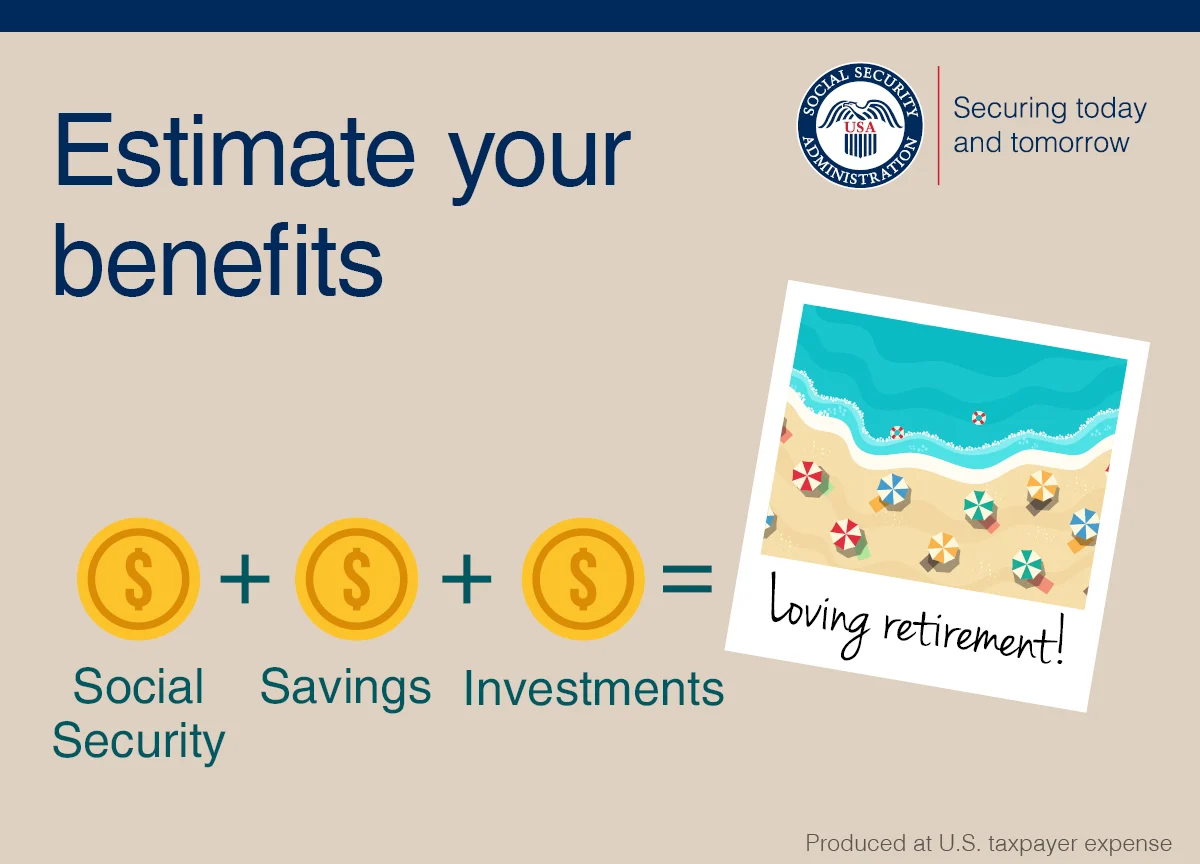
Did you know Americans can get Social Security retirement benefits and work simultaneously? However, if you are younger than full retirement age and make more than the yearly earnings limit, we will reduce your use. Starting with the month you reach full retirement age, we will not reduce your help no matter how much you earn.
- We use the following earnings limits to reduce your benefits: If you are under full retirement age for the entire year, we deduct $1 from your benefit payments for every $2 you earn above the annual limit.
For 2022 that limit is $19,560.
- In the year you reach full retirement age, we deduct $1 in benefits for every $3 you earn above a different limit, but we only count earnings before the month you reach your full retirement age.
#BREAKING! About 70 million Americans will get a 8.7% increase in monthly #SocialSecurity benefits and #SSI payments in 2023. Check our blog for more information: https://t.co/01HEEzrljy #COLA #2023COLA pic.twitter.com/zPXqNTPaeq
— Social Security (@SocialSecurity) October 13, 2022
If you reach full retirement age in 2022, the limit on your earnings for the months before full retirement age is $51,960.
Starting with the month, you reach full retirement age, you can get your benefits with no limit on your earnings.
Use our Retirement Age Calculator to find your full retirement age based on your date of birth.
Use our Retirement Earnings Test Calculator to determine how much your benefits will be reduced.
Did you know that #SocialSecurity replaces just a portion of your pre-retirement income? Plan ahead with a personal #mySocialSecurity account TODAY.
Visit https://t.co/OY48CitNK1 pic.twitter.com/BfS3dfvmKW— Social Security (@SocialSecurity) October 31, 2022
What counts as earnings:
When we figure out how much to deduct from your benefits, we count only the wages you make from your job or your net earnings if you’re self-employed. We include bonuses, commissions, and vacation pay. We don’t count pensions, annuities, investment income, interest, veterans, or other government or military retirement benefits.
Your benefits may increase when you work:
If you continue to work, even if you receive benefits, you will continue to pay Social Security taxes on your earnings. However, we will check your record every year to see whether your additional earnings will increase your monthly benefit. We will send you a letter with your new benefit amount if there is an increase.

